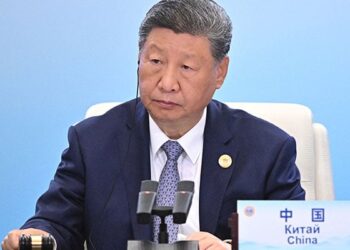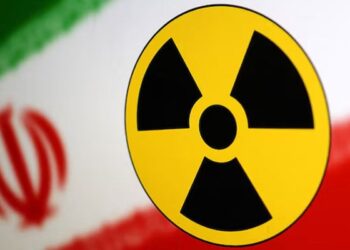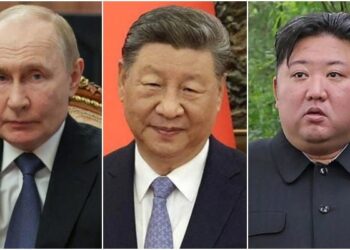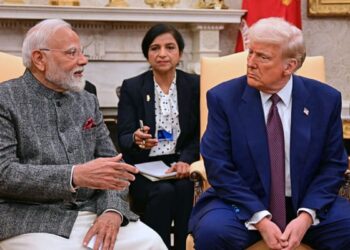Select Language:
President Xi Jinping will host a regional security forum in China next week, bringing together over 20 world leaders to showcase unity among the Global South amid changing global dynamics. This gathering will also serve as a diplomatic platform for Russia, which faces sanctions, to strengthen alliances.
Attendees include Russian President Vladimir Putin, along with leaders from Central Asia, the Middle East, South Asia, and Southeast Asia. The summit is scheduled in Tianjin from August 31 to September 1. Highlights include Indian Prime Minister Narendra Modi’s first trip to China in more than seven years, as the two nations work to ease tensions from deadly border clashes in 2020.
Modi last appeared alongside Xi and Putin at the previous BRICS summit in Kazan, Russia, during a period when Western nations marginalized Russia due to the Ukraine conflict. Last week, Russian officials expressed hopes for upcoming trilateral discussions with China and India.
Analysts suggest Xi aims to use this summit to project a new world order independent of U.S. dominance, emphasizing that American efforts since January to counter China, Iran, Russia, and India have largely failed. The summit’s broadest since SCO’s inception in 2001, it reflects China’s view of the organization as a key actor in reshaping international relations.
Originally a group of six Eurasian countries, SCO has grown to include 10 full members and 16 observer countries, broadening from security concerns to encompass economic and military cooperation. The expansion is driven by many member states eager for increased influence, but critics note the organization’s efforts often lack tangible results.
Persistent disagreements between India and Pakistan continue to challenge progress within SCO. The June defense ministers’ meeting failed to adopt a joint statement due to objections over references to a recent attack in Indian-administered Jammu and Kashmir and disagreements over stance on Israeli actions against Iran. Nevertheless, recent improvements in India-China relations and ongoing border negotiations, coupled with India’s economic pressures, are fueling hopes for a productive Xi-Modi encounter during the summit.
Experts anticipate that both leaders could announce incremental measures — including troop withdrawals, relaxed trade and visa restrictions, and expanded cooperation on climate and cultural exchanges — even if substantive policy milestones are not expected. The significance of this summit largely lies in its visual impact, reinforcing the message of a united Global South in contrast to Western efforts to shape global norms.
Following the summit, Modi is slated to leave China, while Putin plans to stay for a historic military parade commemorating World War II in Beijing, representing a rare extended stay outside Russia.






